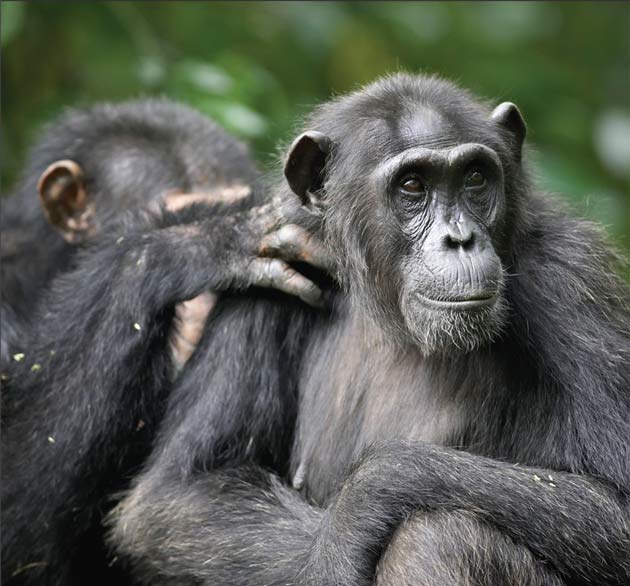Toddlers vs. Apes: Guess Who Wins in Skills Test

Get the world’s most fascinating discoveries delivered straight to your inbox.
You are now subscribed
Your newsletter sign-up was successful
Want to add more newsletters?

Delivered Daily
Daily Newsletter
Sign up for the latest discoveries, groundbreaking research and fascinating breakthroughs that impact you and the wider world direct to your inbox.

Once a week
Life's Little Mysteries
Feed your curiosity with an exclusive mystery every week, solved with science and delivered direct to your inbox before it's seen anywhere else.

Once a week
How It Works
Sign up to our free science & technology newsletter for your weekly fix of fascinating articles, quick quizzes, amazing images, and more

Delivered daily
Space.com Newsletter
Breaking space news, the latest updates on rocket launches, skywatching events and more!

Once a month
Watch This Space
Sign up to our monthly entertainment newsletter to keep up with all our coverage of the latest sci-fi and space movies, tv shows, games and books.

Once a week
Night Sky This Week
Discover this week's must-see night sky events, moon phases, and stunning astrophotos. Sign up for our skywatching newsletter and explore the universe with us!
Join the club
Get full access to premium articles, exclusive features and a growing list of member rewards.
It should come as little surprise that humans are better than apes at learning social skills. But now scientists have shown that even toddlers are better at following directions than their grown-up ape relatives. The research shows that sophisticated social learning skills are a distinctly human trait.
Researchers put 230 subjects—including 100 chimps, 100 2-year-old children and 30 orangutans—through a battery of tests of their physical cognitive skills and their social learning skills.
"We compared three species to determine which abilities and skills are distinctly human," said study leader Esther Herrmann of the Max Planck Institute in Germany.
(Toddlers were used for the comparison with adult apes because they are thought to have comparable physical skill levels, but have not been taught as much as older children.)
While all three groups performed similarly in terms of their physical cognitive skills (such as the abilities to understand space, quantity and causality), the human children soundly beat the apes when it came to social learning skills.
In one test, for example, a researcher would demonstrate how to pop open a plastic tube to get at food or a toy hidden inside. The children watched and copied the researcher, while the chimps and orangutans ignored the directions and instead tried to break open the tube or pull the surprise out with their teeth.
"Social cognition skills are critical for learning," Herrmann said. "The children were much better than the apes in understanding nonverbal communications, imitating another's solution to a problem and understanding the intentions of others."
Get the world’s most fascinating discoveries delivered straight to your inbox.
The study is detailed in the Sept. 7 issue of the journal Science.
- Video: Jane Goodall's Wild Chimpanzees
- 10 Things You Didn't Know About You
- Amazing Animal Abilities

Andrea Thompson is an associate editor at Scientific American, where she covers sustainability, energy and the environment. Prior to that, she was a senior writer covering climate science at Climate Central and a reporter and editor at Live Science, where she primarily covered Earth science and the environment. She holds a graduate degree in science health and environmental reporting from New York University, as well as a bachelor of science and and masters of science in atmospheric chemistry from the Georgia Institute of Technology.
 Live Science Plus
Live Science Plus










